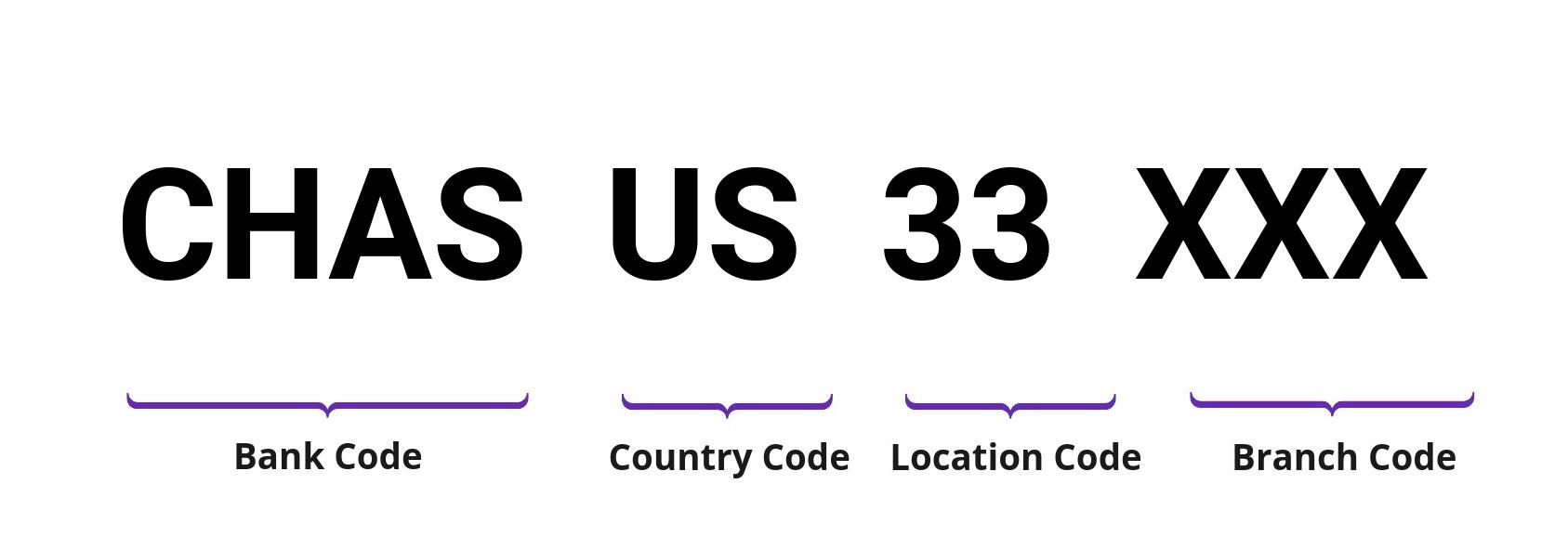In today’s globalized world, more and more professionals are seeking opportunities beyond their home countries. Whether it’s for career growth, personal development, or adventure, securing a job abroad has become a popular aspiration. However, one crucial factor that can make or break your chances of landing an international job is your language skills. In this blog post, we’ll explore the importance of language skills when seeking employment abroad, the advantages they offer, and practical tips to improve your language proficiency to maximize your chances of success.
1. Why Language Skills Matter in Securing a Job Abroad
Language skills play an indispensable role when it comes to securing a job abroad. While technical expertise and experience are important, being able to communicate effectively in the local language can set you apart from other candidates. Here are some reasons why language proficiency is so crucial:
- Communication and Collaboration: In most professional environments, especially in multinational corporations, effective communication is key to success. If you don’t speak the language of the country you’re working in, you may struggle to communicate with colleagues, clients, and supervisors, which can affect team dynamics and hinder your career progress.
- Understanding Local Culture and Business Practices: Language is closely tied to culture. Knowing the language enables you to understand the nuances of local culture, business etiquette, and social norms. This understanding is vital for building relationships with colleagues and clients and for succeeding in a foreign workplace environment.
- Increased Job Opportunities: Many countries prioritize hiring local talent, but if you can speak the native language fluently, you may find that job opportunities open up to you. Language proficiency allows you to access roles that may otherwise be closed off to non-native speakers.
- Better Networking: Networking is a critical component of career development. Speaking the local language helps you establish meaningful connections with industry professionals, clients, and potential collaborators, which could lead to new job prospects.
2. The Role of Language in Different Sectors
Not all industries require the same level of language proficiency. Understanding which sectors value language skills the most can help you focus your efforts. Here are some industries where language skills are particularly important:
- Hospitality and Tourism: For roles in hotels, restaurants, travel agencies, and tour companies, especially in tourist-heavy destinations, speaking multiple languages can be a major asset. This is particularly true for customer-facing roles, where clear communication with guests is essential.
- Education and Teaching: If you’re looking to teach abroad, knowing the local language is often essential, especially in countries where English is not widely spoken. In addition, teaching English as a foreign language (TEFL) can be a lucrative option in countries where English proficiency is in demand.
- Technology and IT: While many global tech companies use English as their primary business language, knowing the local language is still important in some regions. For instance, working in companies that cater to local businesses or have a strong local presence may require fluency in the language of the country.
- Healthcare: Healthcare professionals, such as doctors, nurses, and pharmacists, need to be able to communicate with patients effectively. Language proficiency is essential for understanding medical histories, explaining treatments, and ensuring patient comfort and safety.
3. Key Benefits of Language Skills When Job Hunting Abroad
Now that we’ve discussed why language skills are important, let’s dive into the specific advantages of learning a second language for career advancement abroad:
- Improved Job Competitiveness: Employers are often more likely to hire someone who can speak the local language, especially in countries with high competition for jobs. Being bilingual or multilingual makes you stand out and signals adaptability and commitment to the local culture.
- Enhanced Employability: Countries like Germany, Japan, and the UAE often have specific visa and work permit requirements for non-native speakers, and being able to speak the language increases your employability in these regions.
- Career Advancement: Language skills can lead to faster promotions and better career prospects. In multinational companies, employees who can communicate across borders and manage cross-cultural teams are highly valued.
- Cultural Integration: Fluency in the local language allows you to better integrate into your new environment. It helps you navigate daily life, form meaningful friendships, and feel more connected to your new community.
4. How to Improve Your Language Skills for International Employment
If you’re serious about pursuing a job abroad, improving your language skills should be a top priority. Here are some practical tips for enhancing your proficiency:
- Take Language Classes: Enroll in formal language classes at a local institution or online. Platforms like Duolingo, Babbel, and Rosetta Stone offer structured courses in a wide range of languages.
- Immerse Yourself: Surround yourself with the language by watching films, listening to podcasts, or reading books in the language. Immersion is one of the best ways to accelerate language learning.
- Practice Speaking: One of the most challenging aspects of language learning is speaking. Practice with native speakers via language exchange platforms such as Tandem or HelloTalk.
- Use Language Learning Apps: Apps like Memrise and Busuu can help you build vocabulary and practice grammar in a fun and interactive way.
- Seek Out Job-Specific Vocabulary: If you’re applying for a specific job, it’s important to learn industry-specific vocabulary. This will make it easier to express yourself professionally in the language.
5. Common Languages to Learn for Job Opportunities Abroad
While any language can be beneficial depending on where you wish to work, some languages are especially in demand due to the global business landscape:
- English: Often the dominant business language, especially in countries like the US, UK, Canada, Australia, and international organizations.
- Mandarin Chinese: As China continues to grow as a global economic power, Mandarin proficiency is a valuable asset for professionals in fields like finance, technology, and international trade.
- Spanish: Widely spoken across the globe, Spanish can be a game-changer for those interested in working in Latin America or Spain.
- German: As the most spoken language in Europe and the primary language of business in Germany, Austria, and Switzerland, German is particularly valuable in industries like engineering, manufacturing, and automotive.
- French: Spoken in numerous countries across Africa, Europe, and Canada, French is useful for international business, diplomacy, and humanitarian work.
6. Conclusion: Language Skills Open Doors to Global Careers
Language skills are a powerful tool when seeking a job abroad. Not only do they help you communicate effectively and fit into your new environment, but they also provide a competitive edge in a global job market. By learning the local language, you demonstrate your commitment to understanding the culture, building relationships, and contributing meaningfully to the workforce. So, invest in your language skills today to unlock a world of career opportunities tomorrow.
External Resources:





























